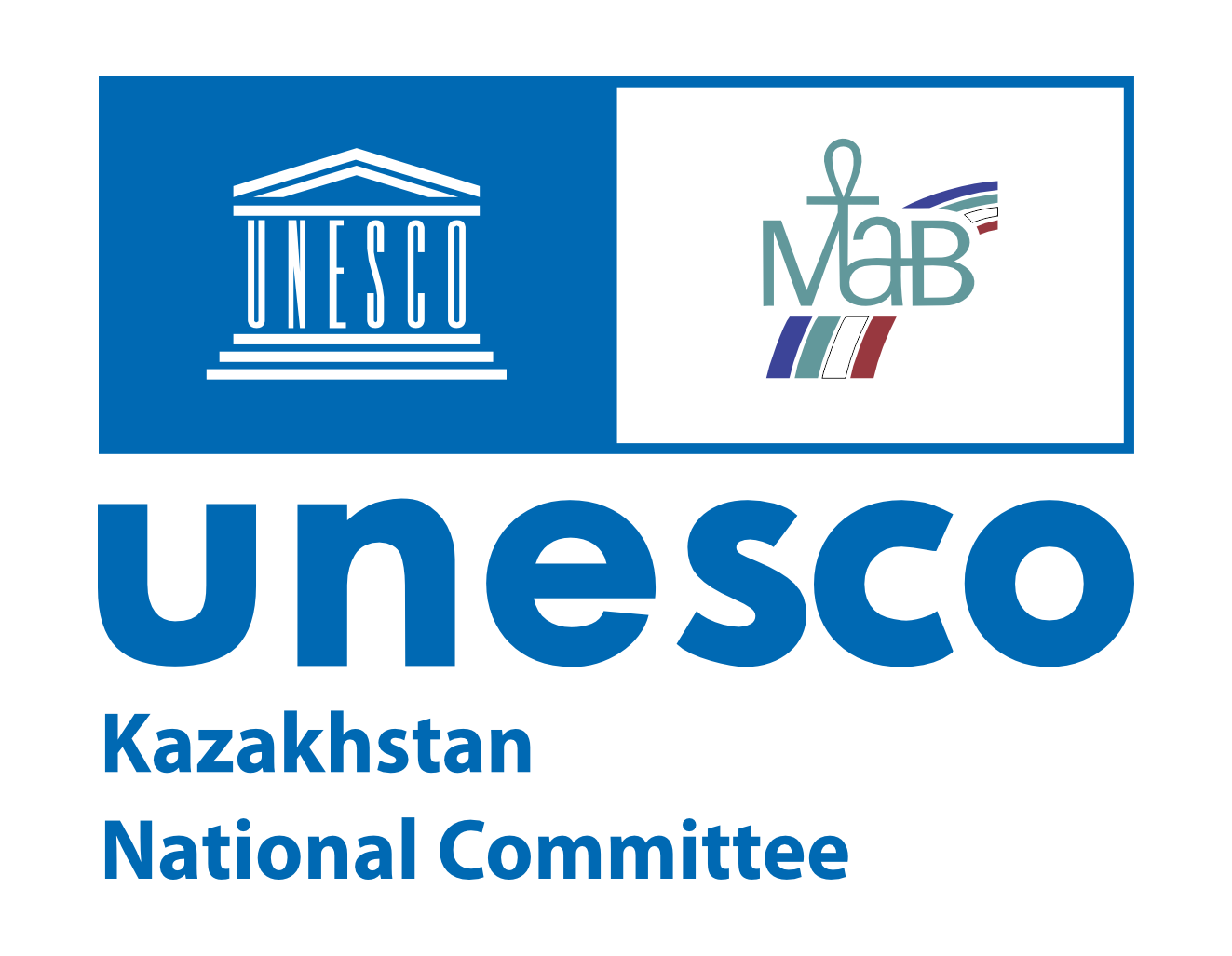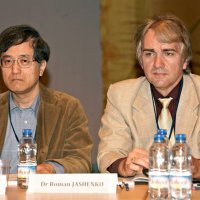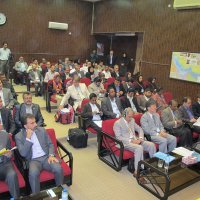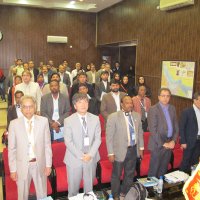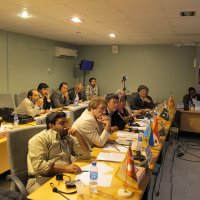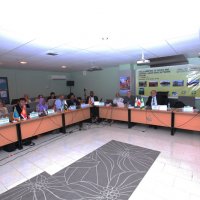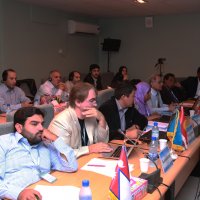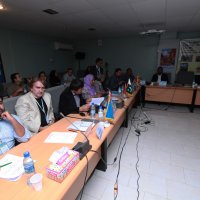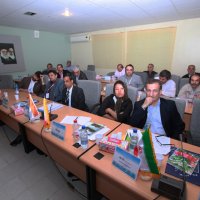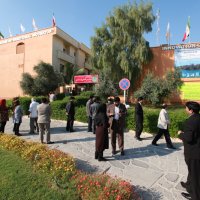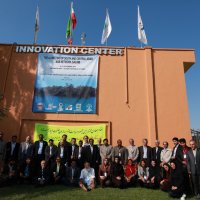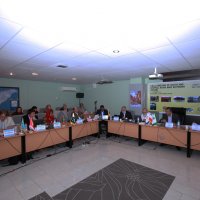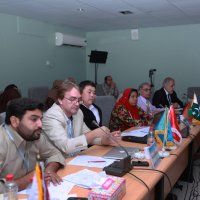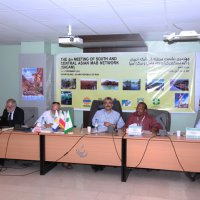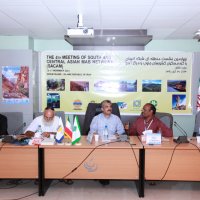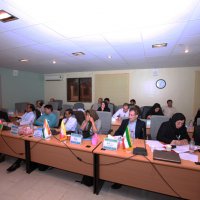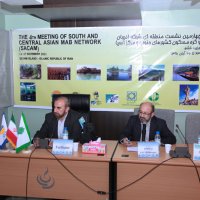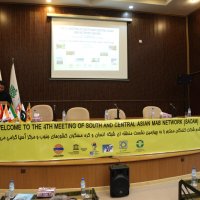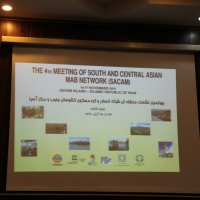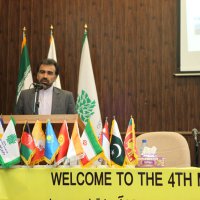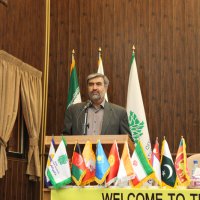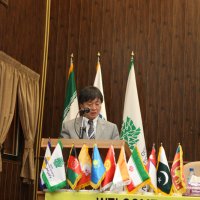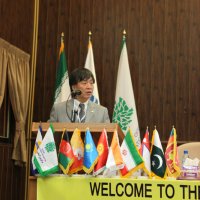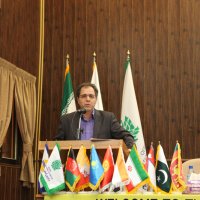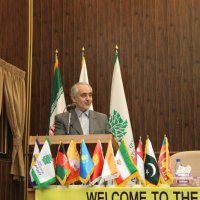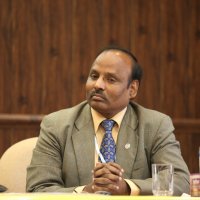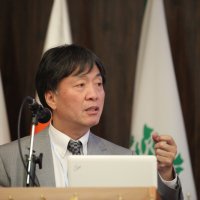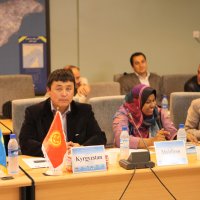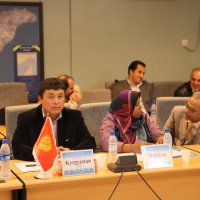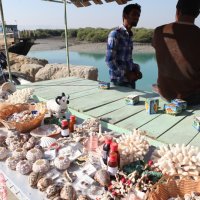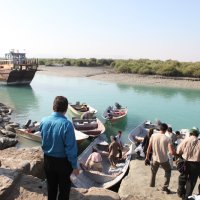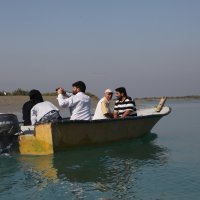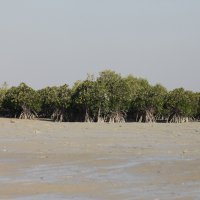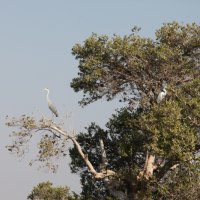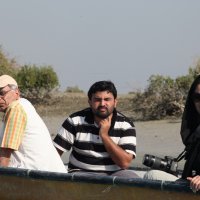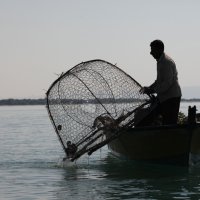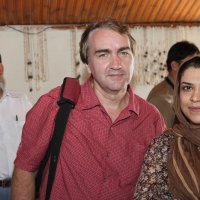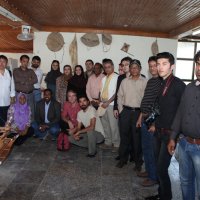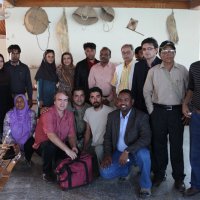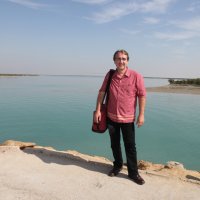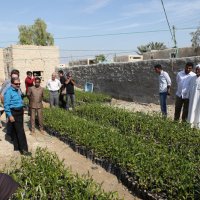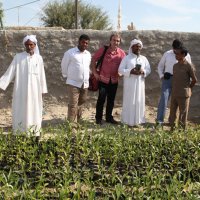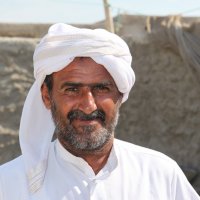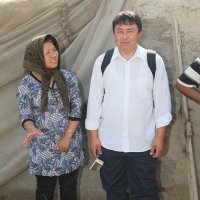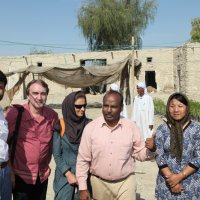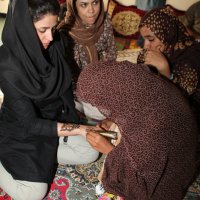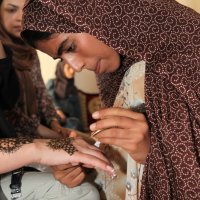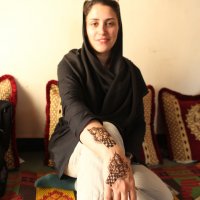4th SACAM meeting, 2011 - 4th meeting of SACAM, 14-17 November 2011 (Iran, Qeshm island)
4th meeting of SACAM, 14-17 November 2011 (Iran, Qesm Island)
By the invitation of Iran's National MAB Committee and support by the UNESCO Cluster Office in Almaty Chairman of the Kazakhstan National MAB Committee Dr. Roman Jashenko participated in the 4th Conference of the South-Central Asian Network of Biosphere Reserves (SACAM) (Qeshm island, Iran) from 14 to 17 November 2011.
The participants of the conference were representatives of the National committees of the UNESCO "Man and Biosphere" (the MAB) and authorized state bodies on specially protected natural territories (hereinafter SPNT) from 9 countries: Iran, Pakistan, Afghanistan, India, Sri Lanka, Bangladesh, Bhutan Kyrgyzstan and Kazakhstan. Despite network name which included the name of our region, Kazakhstan and Kyrgyzstan participated in the meeting for the first time. In addition, the active participants of the meeting were officials from the central (Dr. Han Qunli, Paris) and Delhi offices of UNESCO (Mr. Ram Booj, New Delhi), as well as representatives of the Secretariat (Dr. Gonzalo Oviedo) and the IUCN Jordanian office (Dr. Mohamed Eltayeb). Main number of participants were Iranian officials - members of the National MAB Committee, National Commission for UNESCO, the head of provincial services for the protection of nature, members of the major non-governmental environmental organizations and a few people from the island of Qeshm is located on the biosphere reserve "Harrah». In general, the meeting was attended by about 70 people.
SACAM conclusions and recommendations
- (A brief summary of the meeting: title, participating countries, participating agencies, country reports, lectures, field visit, highly interesting debates, reports from EABRN and effective discussions – 40 Anniversary mab).
- Thanked to the host country I. R Iran, MAB Iran, DoE, NatCom Iran, Queshm Free zone and University of Environment, for the successful arrangement and hospitality, and the opportunity to visit Qeshm Island, a very interesting island system.
- Considered it a very important gathering for SACAM member countries for MAB and thanked UNESCO and its field offices of Almaty, Beijing, Islamabad, Kabul, New Delhi, and Tehran for the continuation of its support to SACAM network and this regional meeting.
- Expressed appreciation to India for its chairmanship for SACAM and congratulated Iran as the new chair of SACAM till the 5th Session of SACAM meeting. The participants believe that with the new chair, the SACAM programme will further be developed and strengthened.
- Noted the decision at the 36th Session of General Conference of UNESCO to further strengthen MAB and Biosphere Reserves and support the notion of Biosphere Reserves envisaged as model regions for sustainable development.
- Reconfirmed that biosphere reserves are dynamic learning places for all to address the challenges of global changes in national contexts, and for human societies to identify, understand and appreciate natural and human values of the ecosystems in question, as well as opportunities for sustainable development.
- Stressed that Seville Strategy and Madrid Action Plan will be implemented effectively with enhanced support from each member countries and through partnership with other donor agencies.
- On climate change, participants considered that biosphere reserves must play more roles in climate change impact mitigation and adaptation:
- SACAM members agreed that during the next two years they will identify and develop special cases on climate change: impact mitigation and adaptation and take them as the contribution of SACAM to World Network.
- Climate change and biodiversity conservation and sustainable livelihoods as priority subject areas for SACAM cooperation. The meeting further recommended UNESCO to work with Chair and Secretariat of SACAM to develop concrete proposals for regional cooperation.
- Under the GEF mechanism, the provision of financial assistance extended to activities in respect of climate change, biodiversity conservation and protection of ozone leyer and extended to activities.
- On zonation of Biosphere Reserves: considered it a must to further improve zonation for all sites in order to be fully in line with BR function requirements. The meeting recognized diverse contexts and situations in BR practices in SACAM countries. The participants agreed to learn from each other by a) sharing such zonation design experiences by information exchange and b) compile a SACAM publication on selected cases specifically devoted to BR zonation before the end of 2013 and BR mapping.
- The meeting acknowledged the need for BR review exercise and committed that before the end of 2013, all the sites due for the BR periodic review will complete this mandatory exercise, while providing any new information regarding the implementation of MAP.
- The participants made comments on the legal aspect of BRs and agreed to make effort to build connections of BR Statutory Framework of BR with national legal instruments. In this regard, Baa Atoll Biosphere Reserve in Maldives and Iranian cases are very useful references.
- Attention needs also to be on the management plan and mechanisms that enable mainstreaming of conservation and local community development in the overall regional development plans. It was recommended that every two years SACAM should have at least one technical training for its members, in order to improve technical capacity in this regard.
- The participants considered very encouraging to the progress in the identification and nomination of the New Biosphere Reserves. Each member of SACAM has new sites in the nomination process. These new nominations will help to enrich the BRs as platforms for biodiversity conservation and sustainable development. The process of these new nominations will be shared between SACAM members through Chair and Secretariat of SACAM.
- The meeting was very pleased to note a number of potential transboundary BRs in SACAM, including between Russia and Kazakhstan, Kazakhstan, Uzbekistan and Kyrgyzstan, Iran, Turkmenistan and Afghanistan, India and Bangladesh, India and Sri Lanka, Iraq and Iran, Iran and Turkey, Iran-Pakistan. Afghanistan and China.
- The meeting addressed the challenges encountered in Lake Urmia which is also a Biosphere Reserve since 1977. The meeting welcomed the new programme and plans for the restoration of Lake Urmia. In this regard, the meeting encouraged Iranian MAB to draw upon the lessons learnt from the region, particularly the case of Aral Sea, as was reported by Kazakhstan at this meeting.
- The meeting emphasized the need to develop regional cooperation projects along with the three main subjects of the meeting: BR management in the context of development, climate change impact mitigation and adaptation and biodiversity conservation, and development of green economies. The meeting appreciated the offer of Iran for developing such project in cooperation with other possible donor agencies and regional organizations, such as ECO.
- SACAM members wish to further identify mechanisms to recognize, support and encourage young researchers and conservation workers and community members for their significant contributions toward biosphere reserves and MAB Programme.
- SACAM members request UNESCO to improve its communication in the context of CBD for greater visibility in the implementation of new strategic plans of CBD.
- UNESCO should further explore the use of UNESCO Chairs and ASPnet for biodiversity conservation education related issues as well as biosphere reserves.
- SACAM member request UNESCO DG to explore the possibility of declaring an international year of Biosphere Reserves within the International Decade of Biodiversity.
- Invites the Scientific research institutions and universities at National and Regional level of SACAM Region to pay more attention to BRS as demonstration sites for research and monitoring
- Request UNESCO to strengthen partnerships with the Scientific Bodies of the environmental conventions to offer the required technical assistance and advisory services to the SACAM members in the implementation of The Madrid Action Plan.
- The meeting welcomed the concept of ICCAs (Indigenous Conservation Territories and Community Conserved Areas), and the need for their appropriate recognition, and welcomed the offer of cooperation from the ICCA Consortium. The meeting also noted with interest the new IUCN Matrix of Protected Areas with its emphasis on management objectives and governance types and noted the concordance of these with the Madrid Action Plan.
